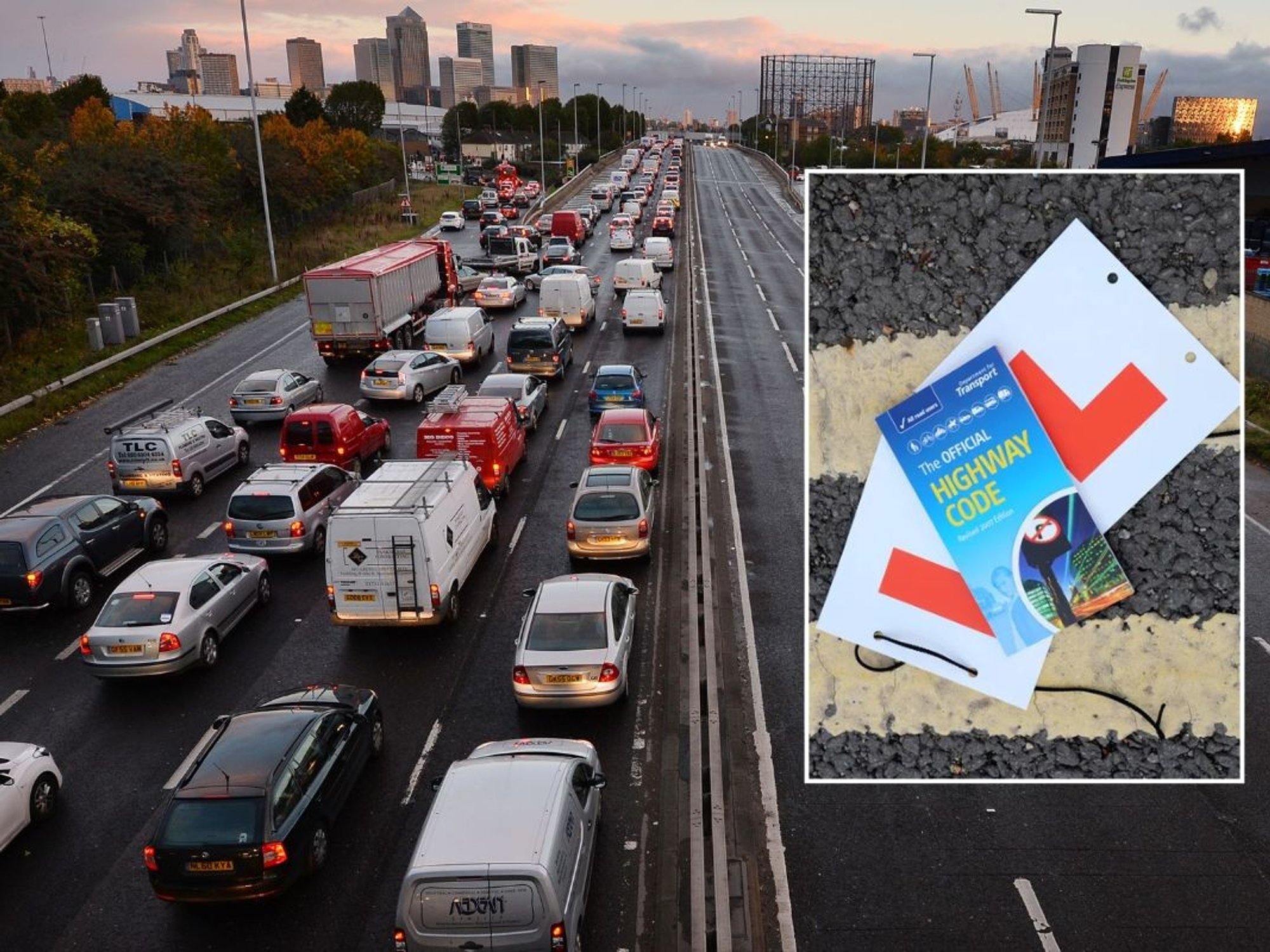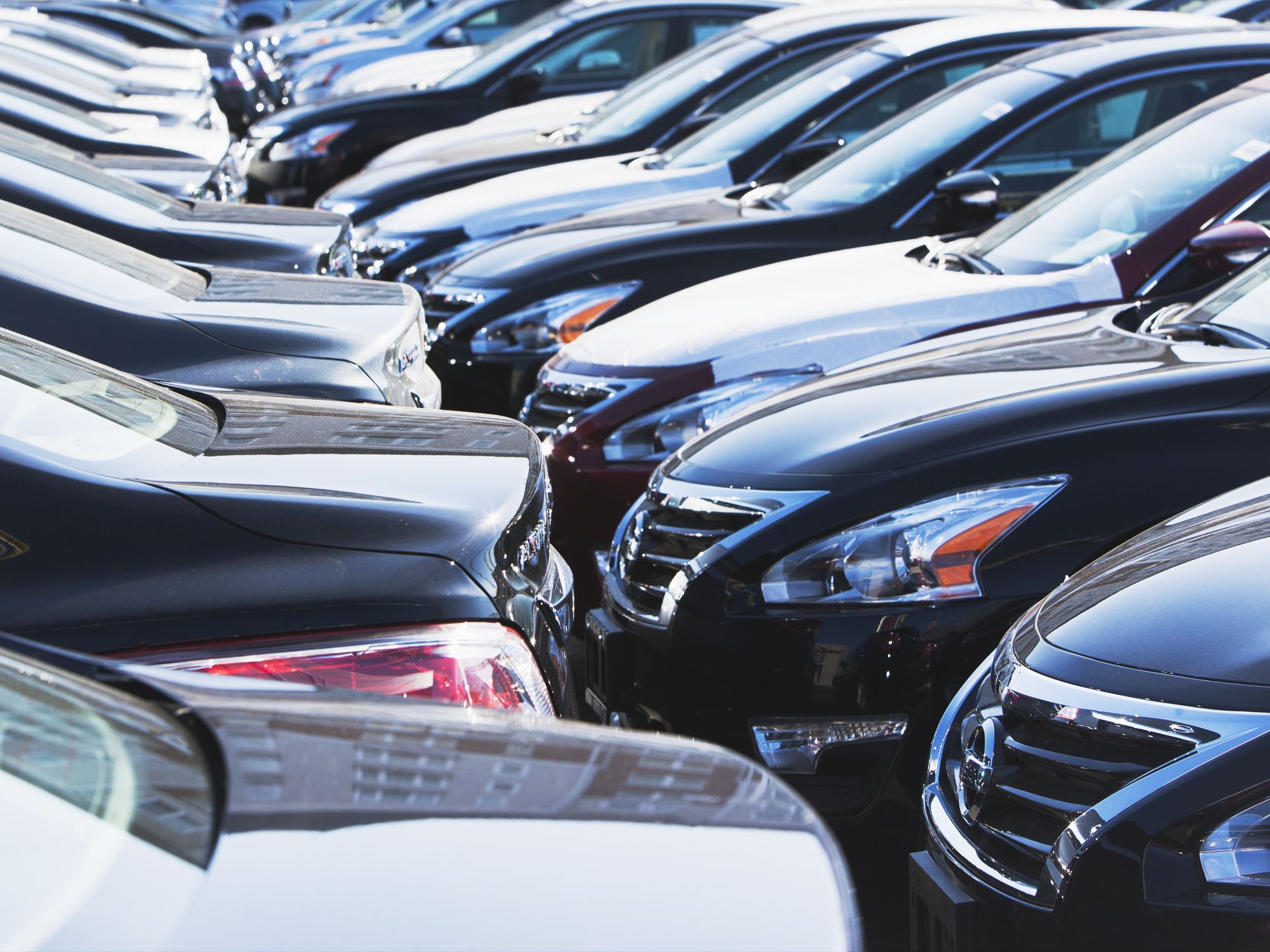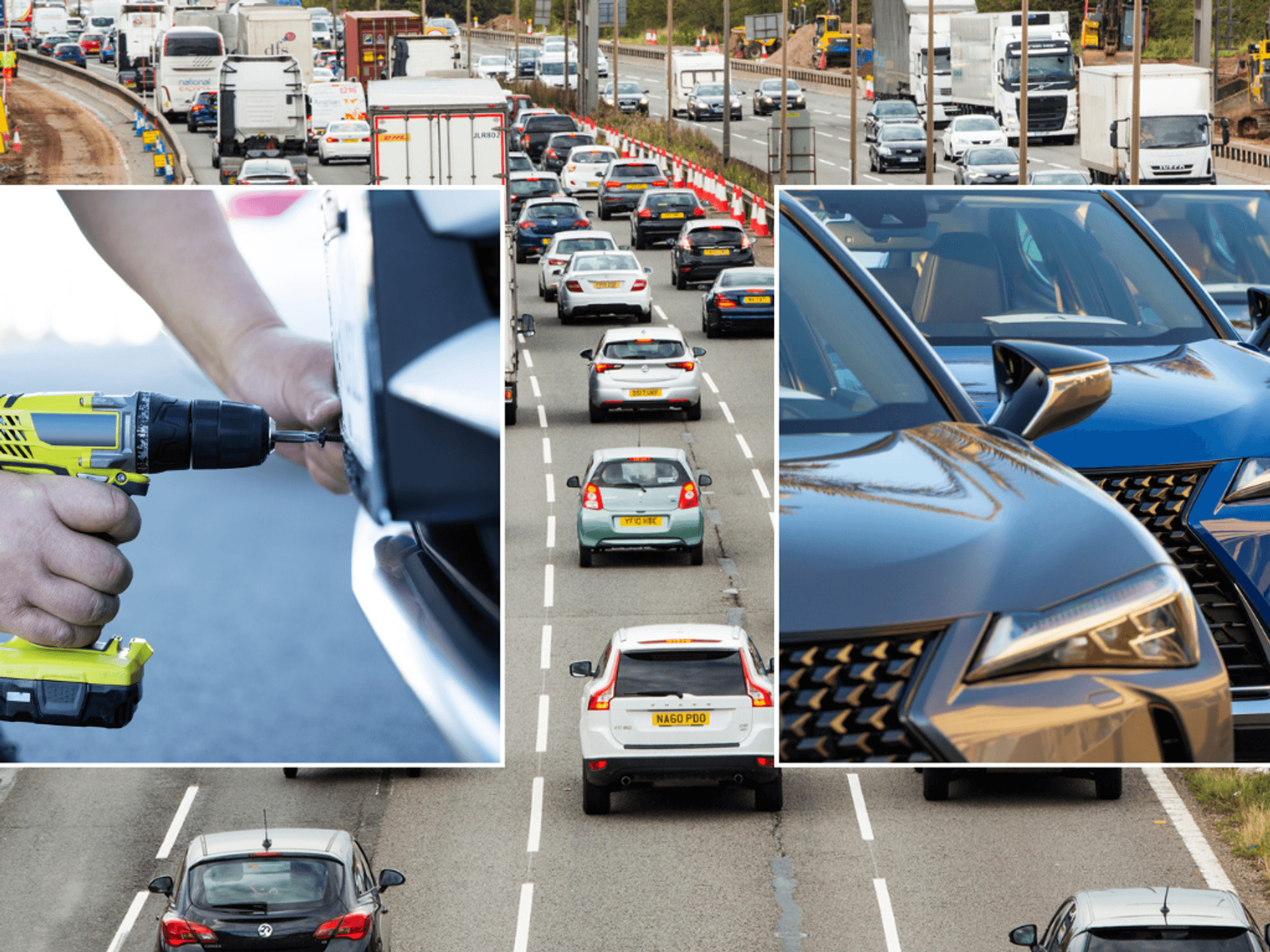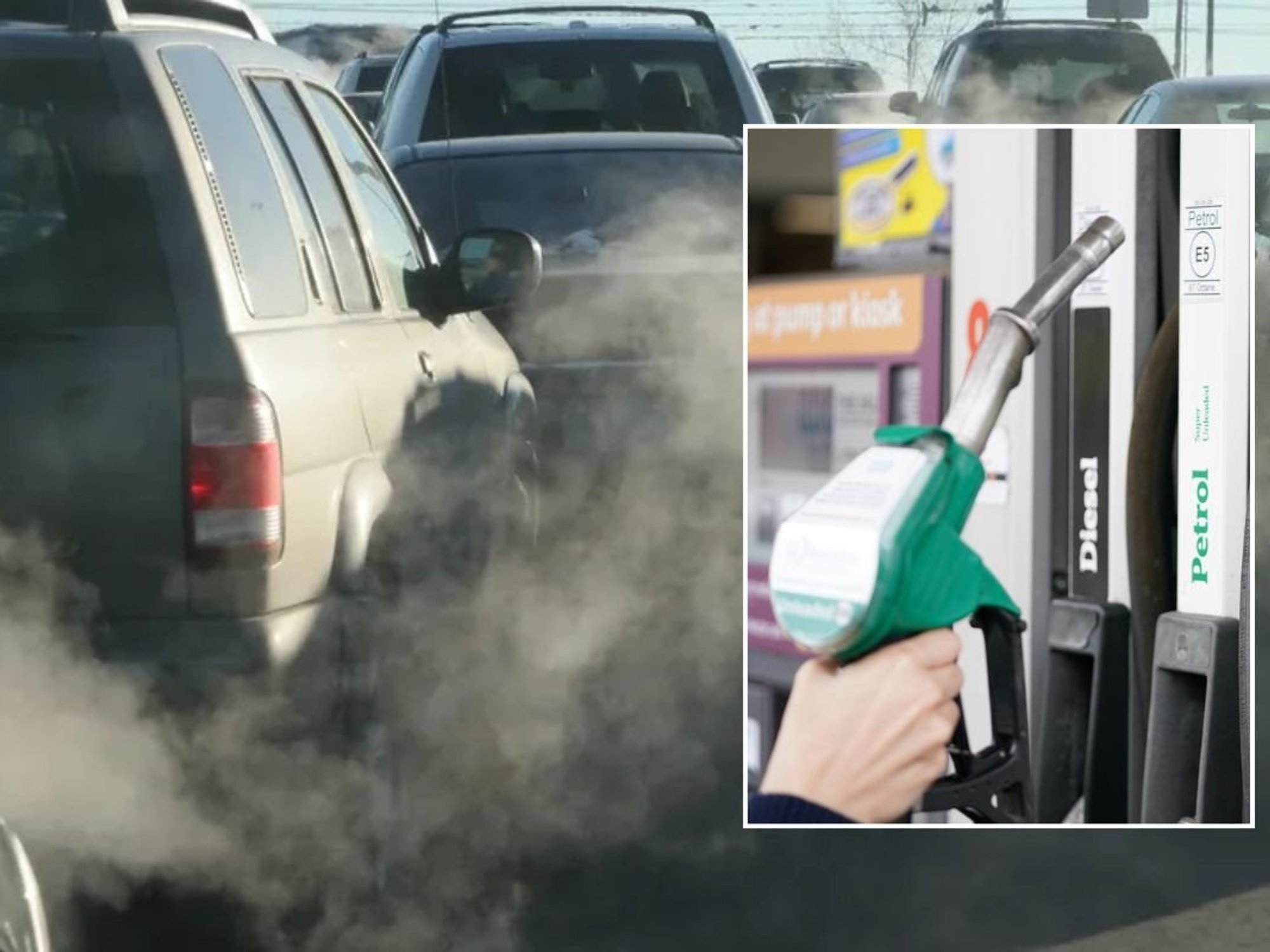Rachel Reeves urged to launch pay-per-mile car taxes in Autumn Budget that could see drivers pay more

A new report suggests that drivers could pay between 3p and 9p per mile
Don't Miss
Most Read
Rachel Reeves is being urged to introduce pay-per-mile car taxes in the upcoming Autumn Budget to deal with the Government's black hole in funding.
A new report from The Resolution Foundation has called for changes to be made to the system of motoring taxation ahead of the Chancellor's Autumn Budget at the end of November.
The analysis, entitled "Call of duties", looks at reforms that could be introduced in the Chancellor's speech to reform the economy and raise money for the Government during a difficult spell of uncertainty.
One of the key factors it suggests is for new motoring tax measures to be introduced, although they could pose an "obvious and significant fiscal risk".
TRENDING
Stories
Videos
Your Say
It acknowledges that the Government is likely to let the 5p cut to the rate of fuel duty expire next March, which could save the Treasury around £3billion per year.
While fuel duty receipts still contribute heavily to Government coffers, experts have continually highlighted that the money raised from the sale of petrol and diesel could fall significantly over the coming years.
As an increasing number of drivers switch to electric vehicles, there will be fewer sales of petrol and diesel, resulting in the Government needing to raise money in other ways.
One of the most popular ways of doing this would be through road pricing, which experts suggest could replace the levy imposed on drivers with a flat fee based on how much people drive, or the type of car they own.
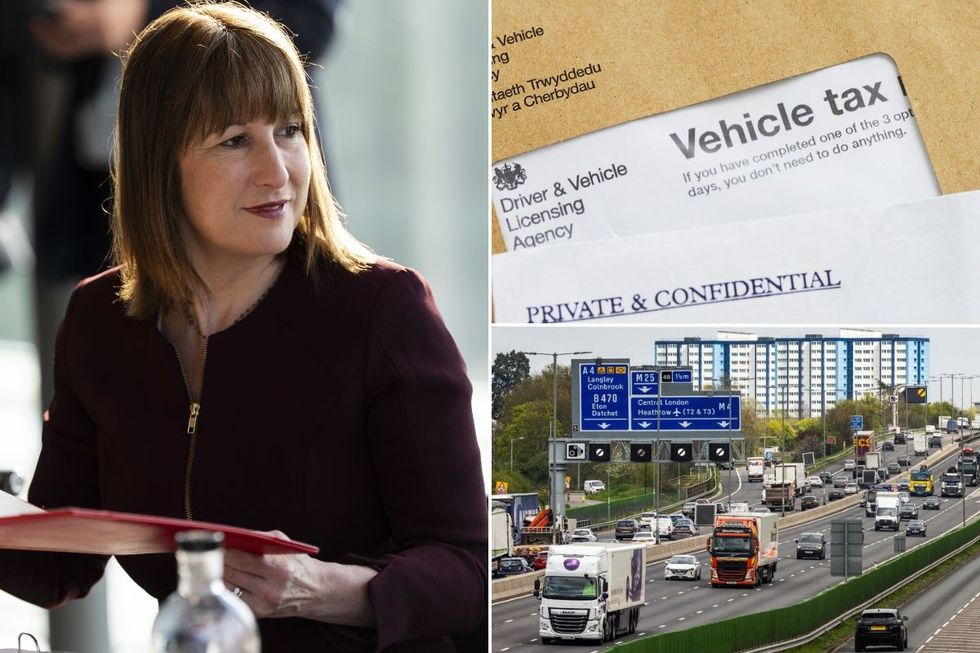
Chancellor Rachel Reeves is being urged to introduce new pay-per-mile car tax changes
|PA/GETTY
The report highlighted how fuel duty equates to around 6p plus VAT per mile for a typical car, while electric vehicles are exempt from the charge.
It suggests that electric vehicles could be charged six pence per mile, without VAT, if they weigh an average of around 1,800kg.
Charges for light, 1,000kg EVs could be around 3p per mile, while a heavier EV at around 2,800kg could be charged 9p per mile.
It added: "Given that EVs can be powered for as little as 2p per mile, while a typical weight petrol car might cost 16p per mile, such a new VED system would be a material change in the cost of EV driving, but also see it remain cheaper than the high carbon alternative – with very low driving costs for light EVs especially."
LATEST DEVELOPMENTS:
- Jaguar Land Rover receives lifeline after major cyber attack as Labour makes production restart 'top priority'
- Drivers face 'severe disruption' on M25 and M11 as serious collision prompts motorway closure
- Rachel Reeves' car tax confusion leaves drivers of popular vehicles liable to £4,400 cost hike this year
The report also suggested a "combined weight and distance link", which would incentivise motorists to buy smaller cars, especially if they drive more often.
This would also have a positive impact on road damage, noise, pollution from tyres and brakes, road safety and the value of a car.
It suggested that driving distances could be measured via a mixture of MOTs, self-reporting and telematics.
This has been one of the most frequent points of contention, with some arguing that a self-reporting feature could make it easier for drivers to undervalue their mileage to save money.
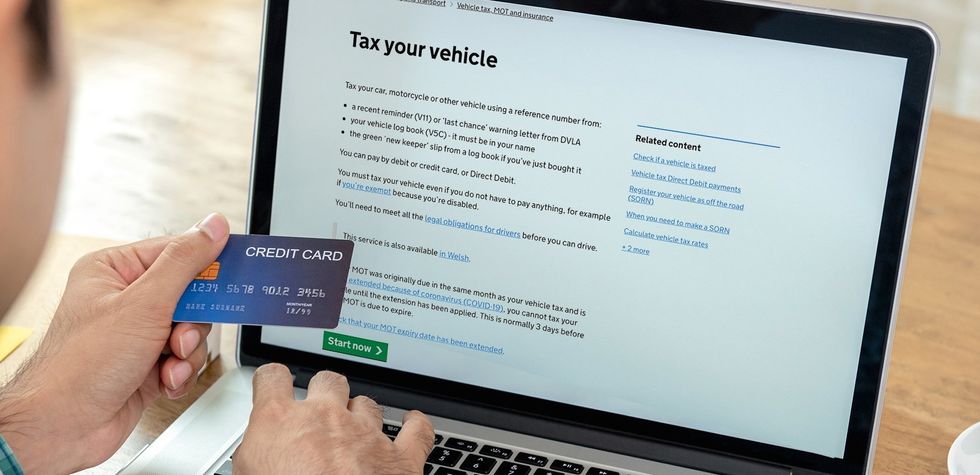
Experts are calling for new car tax changes to be introduced
| X/DVLAThink tanks, including the Tony Blair Institute for Global Change, have highlighted that road pricing could be a suitable replacement for fuel duty and motoring taxation, while also being fairer for drivers.
The Resolution Foundation suggested that charging Britons for every mile they drive could raise up to £20billion per year for the Treasury.
It also advocated for a cut to the "pavement tax", which would see the VAT rate on public EV chargers slashed from 20 per cent to match the home charging rate of five per cent.
The cost to cut this VAT rate would be around £300million in 2029-2030, although this was directly compared with the £1billion annual cost to cancel the uprating of fuel duty.
Speaking previously to GB News, an HM Treasury spokesperson said: "We have no plans to introduce road pricing.
"We are committed to supporting our automotive sector as we transition to electric vehicles in order to meet our legally binding climate targets."






